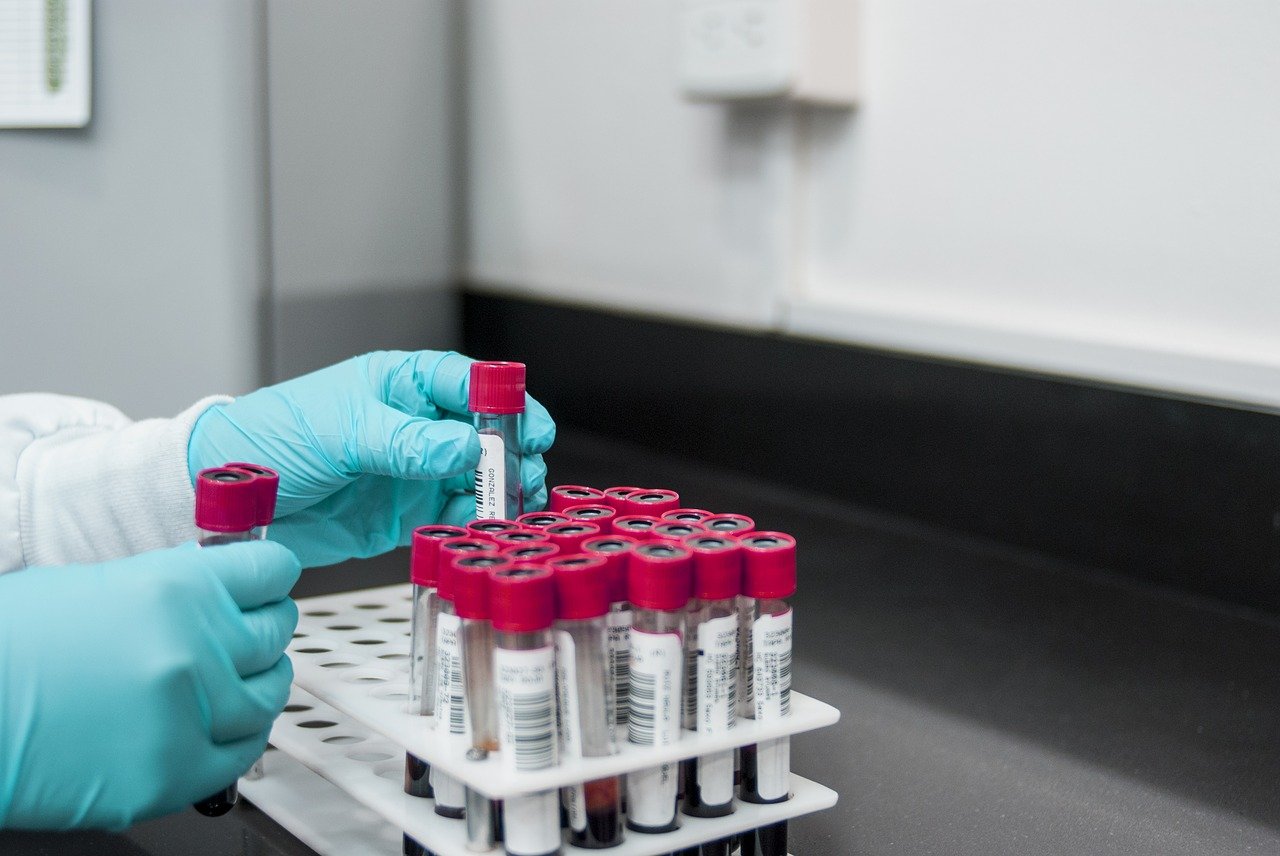If you are like people in general, you probably don’t think about blood tests all that often. But the truth is that the tests are vital for staying healthy. They can tell you everything from your cholesterol levels to whether or not you have anemia.
Blood test samples are instrumental, containing tumor-derived materials, serving as potentially valuable screening targets.
The following article will discuss blood tests, what they can tell you, and how often you should get them.
What Is a Blood Test?
A blood test is a diagnostic test performed on a blood sample, usually obtained from a vein in the arm using a needle. Several tests can be performed on one blood sample.
What Can Be Tested?
A variety of substances can be tested with blood samples. Most common are tests for cholesterol levels, glucose levels (sugar), and hematocrit or red blood cell count. Blood tests can also check for anemia, infection, kidney function, and other issues.
a) Cholesterol: Cholesterol is a fatty substance found in the blood. Too much cholesterol leads to heart disease. A simple blood test can measure cholesterol levels.
b) Glucose: Glucose is the primary sugar found in the blood and is essential for life. High glucose levels can indicate diabetes or other health problems.
c) Hematocrit: Hematocrit measures the percentage of red blood cells in the blood. A high hematocrit can indicate dehydration or polycythemia, a condition with too many red blood cells.
d) Anemia: Anemia is a condition caused by low red blood cells or hemoglobin levels in the blood. Anemia can cause fatigue, shortness of breath, and other health problems.
e) Infection: A test can check for signs of infection. It may include checking for the presence of bacteria, viruses, or fungi.
f) Kidney function: A test can measure how well the kidneys work. It can check for problems such as kidney disease or damage.
What Do the Results Mean?
Blood test results are given as a number, with the normal range for that particular test listed next to the result. A result outside the normal range may cause concern and further testing. However, it is essential to remember that each person is different and that what is considered “normal” may vary from person to person.
If you have any questions about your test results, ask your doctor. They can help explain what the results mean and whether or not you should be concerned.
When Are Blood Tests Needed?
Tests are most commonly ordered when someone has symptoms that suggest a medical condition.
For example, someone with high cholesterol might be asked to get a lipid profile done, which measures different types of cholesterol in the blood. A person with diabetes might be asked to get a blood sugar test.
They are often ordered as part of a routine health check-up. It is especially true for people who are considered high risks, such as those with a family history of heart disease or cancer.
Benefits of Blood Testing
Blood tests can tell a lot about your health. They can show whether you have an infection, how well your organs function, and any deficiencies. Here are some of the benefits of blood testing:
1) Early Diagnosis and Treatment
Tests can help your doctor diagnose conditions early when they’re easier to treat. For example, blood tests can detect diabetes and high cholesterol early on. It means you can start treatment before the condition worsens and causes more damage to your body.
High sugar can cause blindness, kidney damage, and nerve damage. High cholesterol can lead to heart disease. Both conditions can be treated with lifestyle changes and medication if detected early.
Tests are also used to monitor the effectiveness of treatment for various conditions. For example, if you’re being treated for diabetes, your doctor may order blood tests periodically to check your blood sugar levels.
2) Identify Risk Factors for Disease
Tests can identify risk factors for heart disease, stroke, and cancer. This information can help you make lifestyle changes to reduce the risk.
For example, if your blood test shows you have high cholesterol, you can make dietary changes and adopt a healthier lifestyle. If you have diabetes, you can work with your healthcare team to develop a plan to manage your condition.
3) Diagnose Health Conditions
Health conditions like anemia, diabetes, and thyroid problems can be detected with tests. If you’re experiencing unusual symptoms or have a family history of a particular condition, it’s a good idea to get tested.
Final Words
Blood tests can provide multiple information about your health, but it’s important to remember that they are just one piece of the puzzle. If you are seriously concerned about your health, be sure to talk to your doctor.










